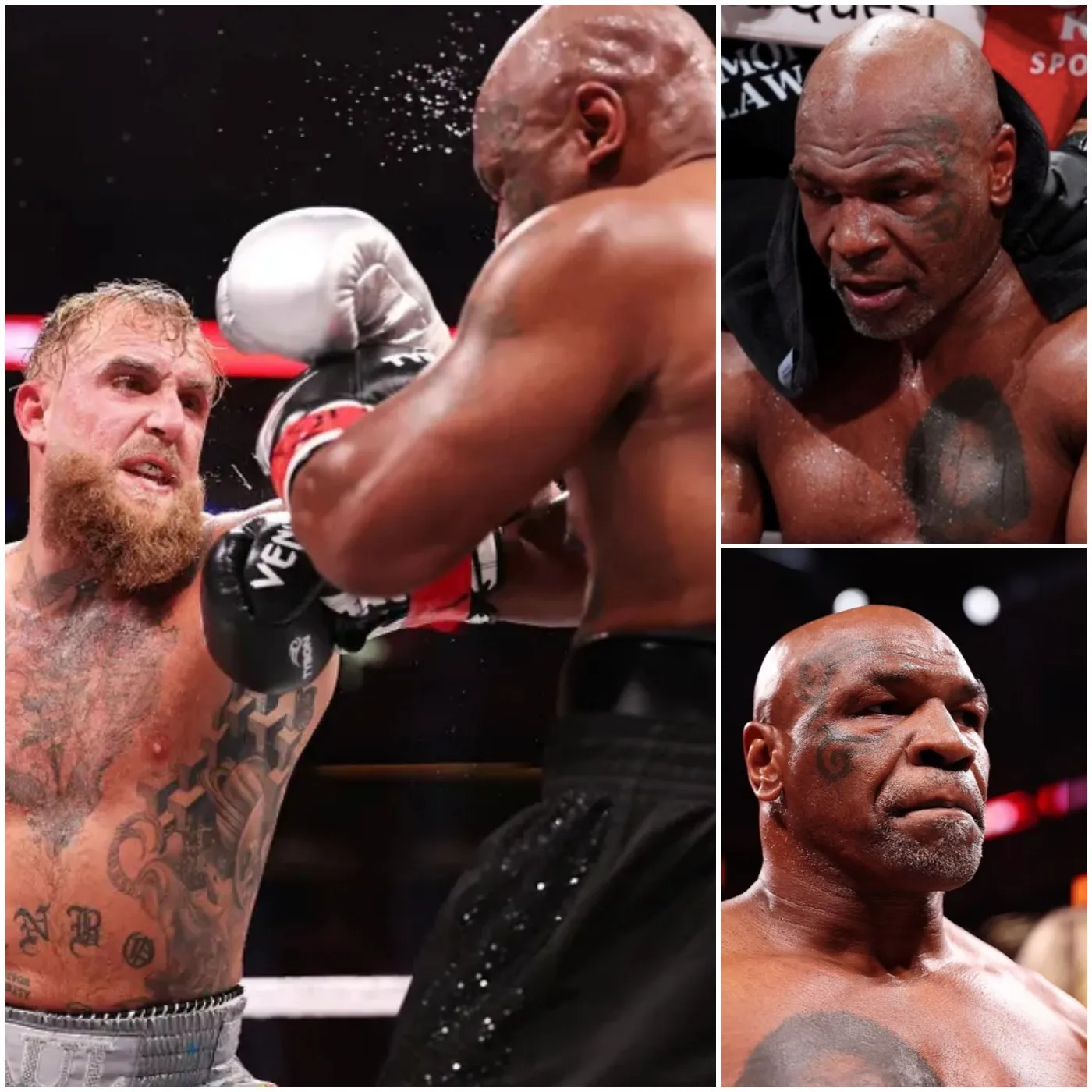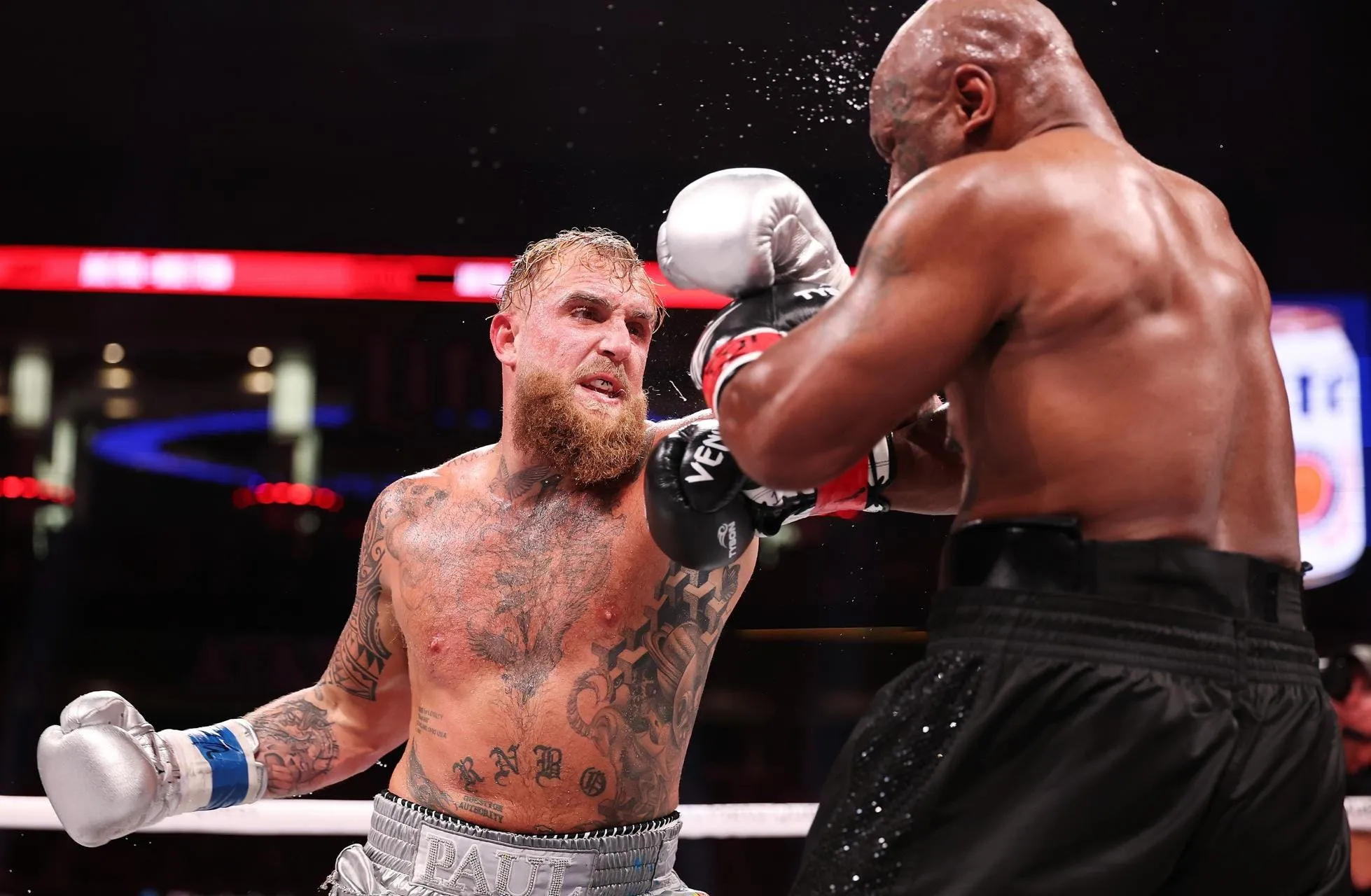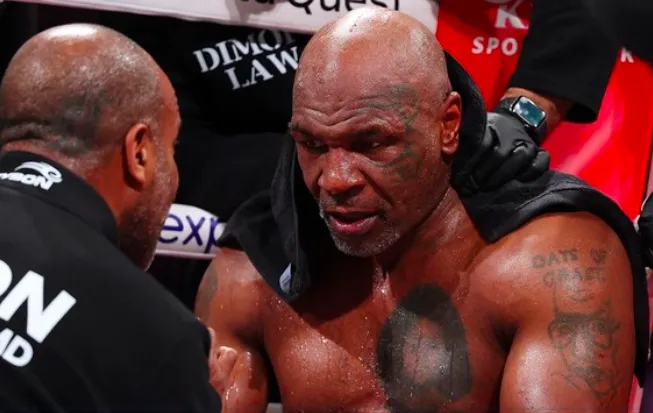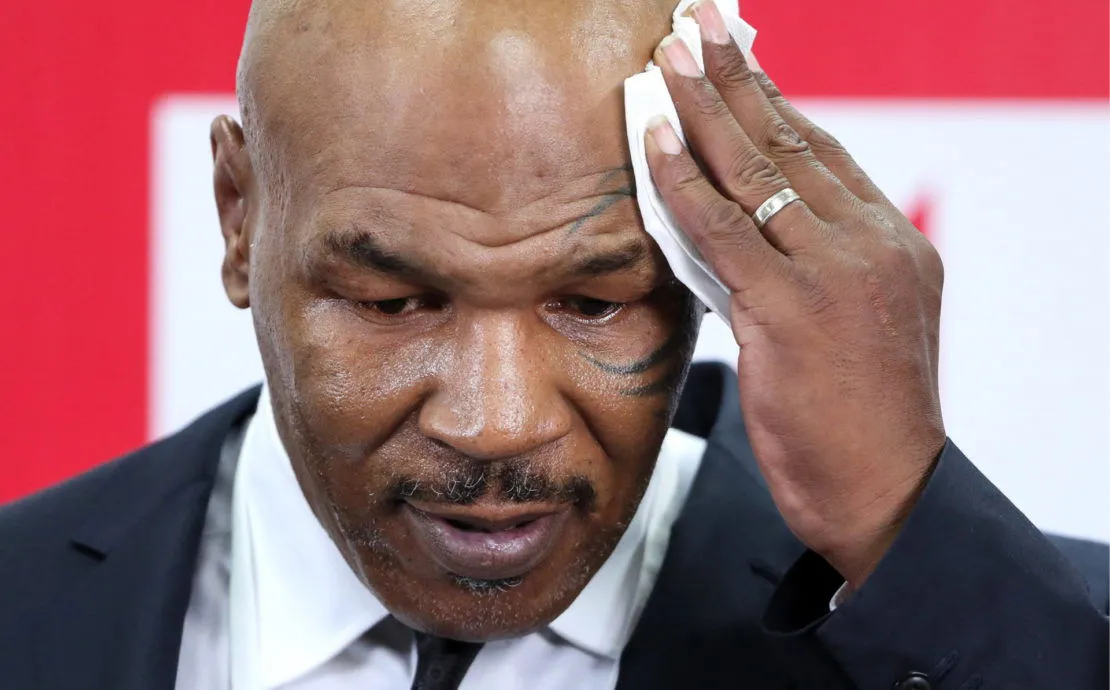Mike Tyson opens up about his depression after losing to Jake Paul
The world of boxing witnessed a highly anticipated showdown in November when legendary heavyweight champion Mike Tyson faced off against YouTuber-turned-boxer Jake Paul. While the bout delivered on excitement, it left Tyson grappling with unexpected emotional struggles. Following his loss, the 58-year-old icon admitted to experiencing a period of depression, shedding light on the mental toll […]

The world of boxing witnessed a highly anticipated showdown in November when legendary heavyweight champion Mike Tyson faced off against YouTuber-turned-boxer Jake Paul. While the bout delivered on excitement, it left Tyson grappling with unexpected emotional struggles. Following his loss, the 58-year-old icon admitted to experiencing a period of depression, shedding light on the mental toll of life after the fight. Here’s a closer look at what happened and how it impacted Tyson’s post-match journey.
The Fight That Shook the Boxing World
In a global event held in Texas, 58-year-old Mike Tyson made a high-profile return to the ring for a much-hyped match against 27-year-old Jake Paul. The fight, initially scheduled for July but delayed due to Tyson’s health concerns, saw the two athletes battle for eight rounds. Despite his legendary status, Tyson ultimately lost via a points decision, marking a victory for Paul.
The fight came with significant risks for Tyson. He revealed that he had suffered from severe stomach bleeding just months before the match—a condition so dire it nearly cost him his life. Although doctors warned him about the potential dangers of stepping back into the ring, Tyson pushed forward and completed the fight without major injury, though the loss left its mark.

Struggles With Post-Fight Depression
After the fight, Mike Tyson opened up about his struggle with depression, a revelation that surprised many fans. “That fight was a big step for both of us. We were excited and happy, but when it was over, I felt very down,” Tyson admitted during a candid interview. The sudden shift from the intensity of training and public attention to the calm of everyday life proved emotionally challenging.
The legendary boxer explained that life after the fight stood in stark contrast to the previous nine months of intense preparation. Filled with high-pressure workouts, media attention, and fan enthusiasm, the months before the bout were a whirlwind. Returning to the quiet routine of daily life, even though he had prepared for it, left Tyson feeling disconnected and emotionally drained.

A Career Risk and Financial Outcome
While the fight ended in a loss for Mike Tyson, it was financially rewarding for both fighters. Jake Paul walked away with a staggering $40 million in prize money, while Tyson earned an impressive $20 million, providing financial stability for his later years. Despite the result, Tyson’s willingness to take on such a high-profile challenge at his age highlights his enduring passion for the sport.
However, this fight also exposed the physical and mental tolls that returning to the ring can take on older athletes. Tyson’s transparency about his emotional struggles after the fight serves as a powerful reminder that even the greatest boxing legends face personal battles.

Tyson’s Candid Reflections on Life After Boxing
Mike Tyson’s return to the ring against Jake Paul captivated global audiences, but the aftermath revealed deeper challenges for the iconic boxer. From the health risks he faced before the fight to his battle with post-fight depression, Tyson’s journey showcases the complexity of life beyond the spotlight.
While Tyson may not have emerged victorious, his openness about his mental health brings attention to the importance of emotional well-being for athletes. His story is a reminder that even champions face vulnerabilities, and addressing these struggles is a testament to their true strength. Tyson’s legacy, both as a fighter and as an advocate for mental health, continues to inspire fans and athletes around the world.






































